- Home
- slideshows
- miscellaneous
- 12 bad decisions you make every day without realizing
12 bad decisions you make every day without realizing
Tackling your easiest tasks first

Constantly checking your email
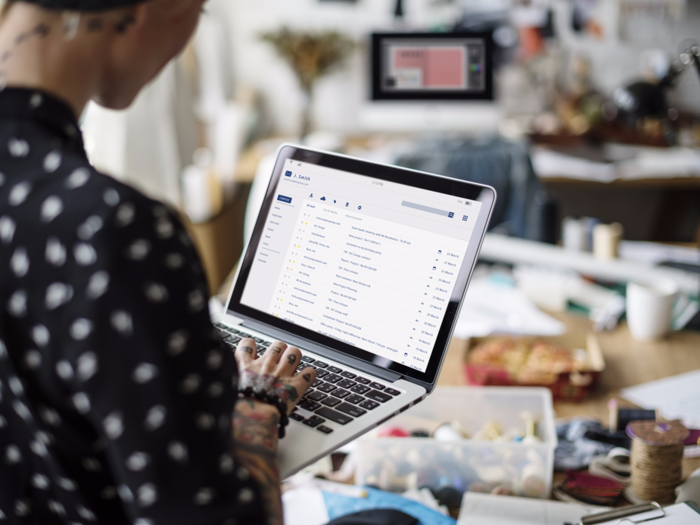
The siren call of your inbox can be hard to resist.
Yet research suggests that switching between tasks — say, doing research and checking for new email — takes up to 40% longer than doing one at a time. Even when you think you're being more productive by multitasking, you're probably not.
One simple solution, from psychologist Ron Friedman, is to silence your phone so you don't receive email alerts or to close your email tab while you're working on something important. Designate specific times to check and respond to email in batches.
Keeping your phone on your desk at work
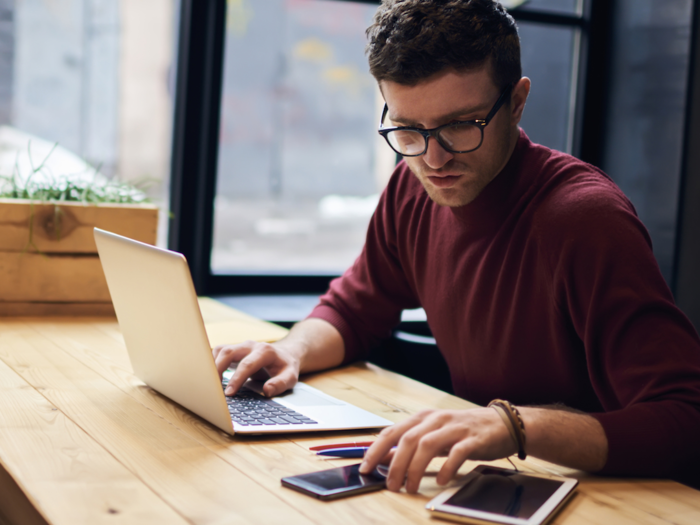
Turning your phone on "vibrate" isn't enough. Actually, turning your phone off isn't even enough.
Research published in the Journal of the Association for Consumer Research suggests that the mere presence of your cell phone nearby can hurt your cognitive performance — even if you're unaware of its influence. The best solution appears to be keeping your phone in another room entirely.
Staying seated all day
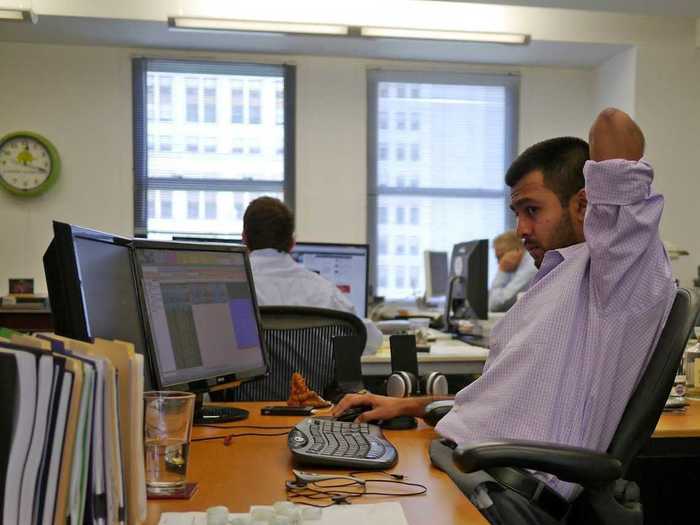
Office jobs aren't exactly conducive to getting a lot of physical activity.
But you don't need to be up and about for hours at a time. A growing body of research suggests that even if you get up and move around for a few minutes several times a day, you're improving your overall health.
Recent research, published in the Journal of the American Heart Association and cited by The New York Times, found that people who were active for a total of about an hour a day had half the mortality risk of people who didn't. And it didn't matter whether they were active in 5-minute increments or in longer chunks.
Staring at a screen for hours at a time
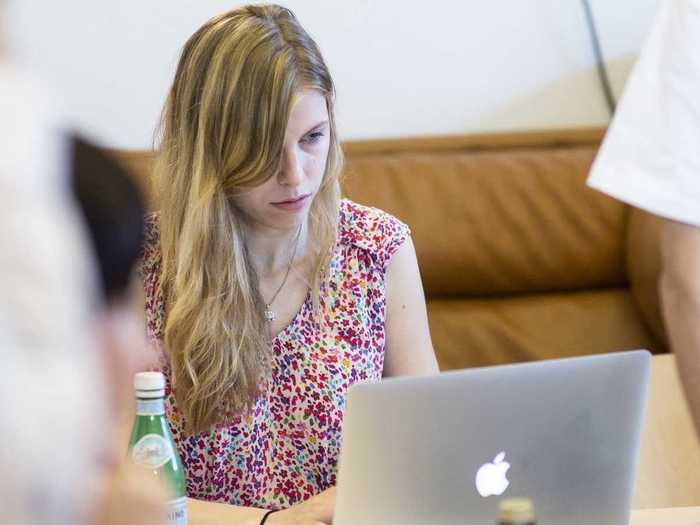
Staring at a computer all day can lead to "digital eye strain," resulting in symptoms like dryness and blurryness, Business Insider's Erin Brodwin reported.
Enter the 20-20-20 rule: Every 20 minutes, look at something 20 feet away for at least 20 seconds, Rahul Khurana, the clinical spokesman for the American Academy of Ophthalmologists told Business Insider's Kevin Loria.
Waiting until late afternoon to take a break from work
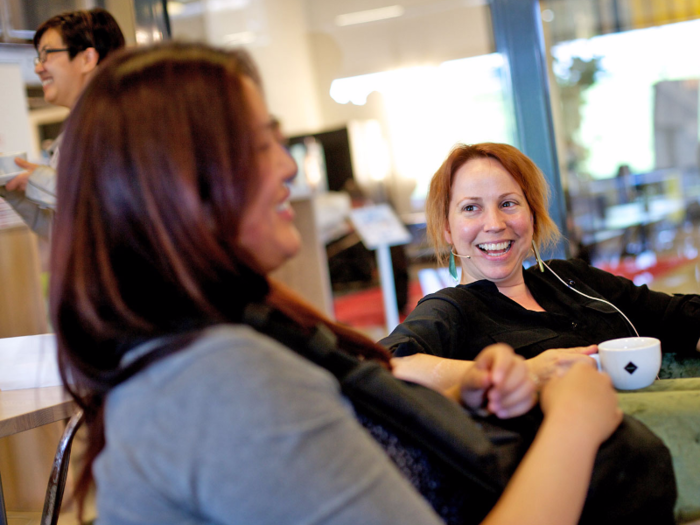
Take that break mid-morning instead.
A 2015 study published in the Journal of Applied Psychology suggests that the more time that's passed since the beginning of the workday, the less useful a break is. Breaks taken earlier in the day are more likely to replenish resources, including energy, concentration, and motivation.
Interestingly, that same study found you don't necessarily have to engage in non-work-related activities during a break. Just make sure you're doing something that you like to do and you choose to do. In other words, making some headway on a work project you're excited about could be even more restorative than browsing social media.
Listening to music while you work

You might feel more productive when you listen to music while doing focused work — but you're probably not really.
In 2015, I spoke with neuroscientist and musician Daniel Levitin, who cited a growing body of research suggesting that, in almost every case, your performance on intellectual tasks (think reading or writing) suffers considerably when you listen to music.
The exception is when you're performing tasks that are repetitive or monotonous, such as when you're working on an assembly line or driving for long periods of time. In that case, listening to music can perk you up.
Levitin said that a better bet is to listen to music for about 10 to 15 minutes before you start doing focused work, which can put you in a better mood and relax you.
Choosing foods that seem nutritious — but aren't really
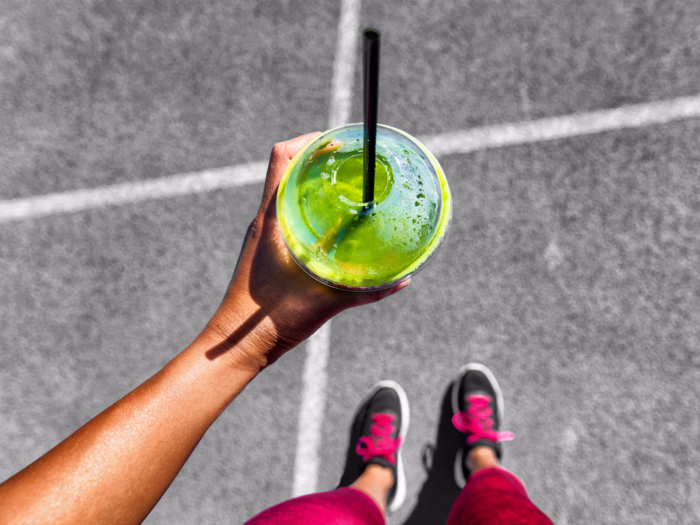
Don't believe the hype — know the facts about your food.
Business Insider's Erin Brodwin put together a list of foods that you think are good for you, but aren't and foods that you think are bad for you, but aren't really.
For example, bottled juices and fast-casual smoothies might seem nutritious, when in fact they're generally loaded with sugar and calories. Meanwhile, many people think eating eggs will lead to high cholesterol, but that's not true for most of us.
Passively browsing social media
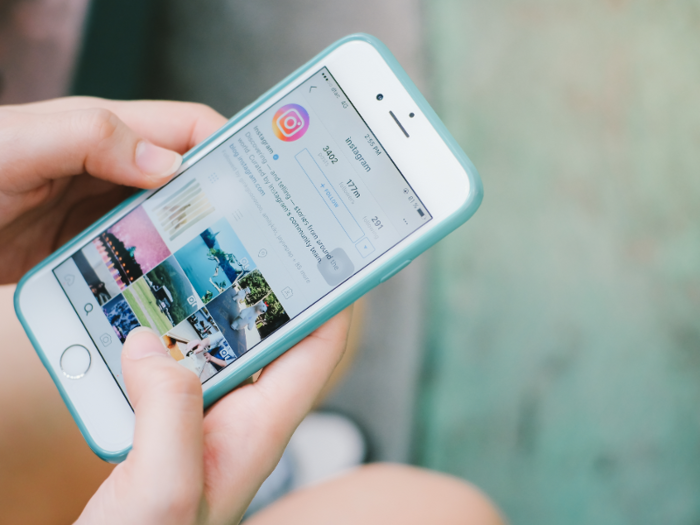
Scientists say there are two different ways to use Facebook: passive and active.
Active use involves direct exchanges with others. Think posting status updates and commenting on other people's posts. Passive use is about consuming information, like by scrolling through your newsfeed. Most of the time, we use Facebook passively.
Yet a study published in the Journal of Experimental Psychology: General suggests that passive Facebook use can make us feel worse. That's possibly because we feel jealous of everyone's (seemingly) glamorous lives that they're broadcasting publicly.
So instead of merely browsing, consider sending a message to an old friend or commenting on someone's happy family photo.
Escalating a fight with your partner

When your partner makes a snide comment, it's all too easy to fire back with something cruel and hurtful.
Try to curb that impulse.
Marriage and family therapist Hal Runkel previously told Business Insider that the most powerful word to defuse a conflict is "ouch." You're expressing vulnerability instead of putting up defenses, while encouraging your partner to do the same.
Meanwhile, couples therapist Esther Perel previously told Business Insider that one way to de-escalate a conflict is to reflect back what your partner is saying and show some empathy. Tell your partner that you understand where they're coming from — even if you don't yet.
Matching with dozens of people on dating apps — but not messaging any of them
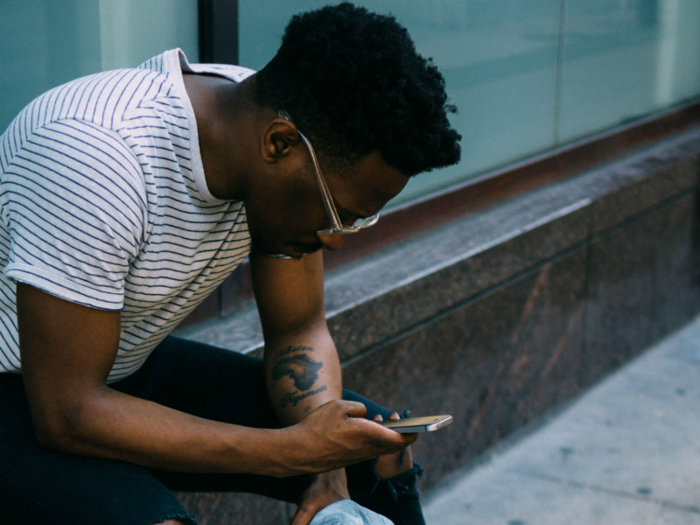
Online dating doesn't have to be a game of speed: racking up as many matches as you can in as little time as possible.
In fact, the Verge reported that Helen Fisher, biological anthropologist and chief scientific officer at Match.com, said the biggest problem with dating apps is "cognitive overload."
Fisher added that "the brain is not well built to choose between hundreds or thousands of alternatives." She advises people to stop when they've hit nine matches and consider those.
Staying up too late
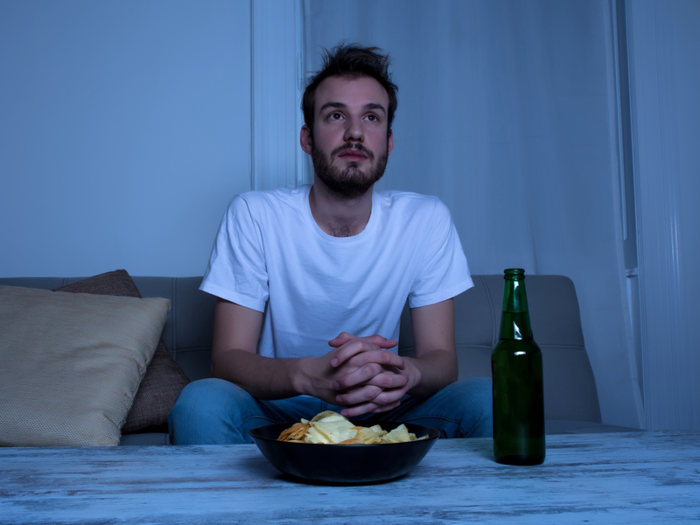
Scientists have identified a common phenomenon they call "bedtime procrastination": "failing to go to bed at the intended time, while no external circumstances prevent a person from doing so."
For example, you keep watching one episode after another of a not-that-interesting TV show.
This isn't just silly — it can be dangerous. As Business Insider previously reported, in some cases sleep loss can be just as deadly as smoking.
Turn off the TV and get ready for bed. You'll be grateful tomorrow, and years later.
Popular Right Now
Popular Keywords
Advertisement